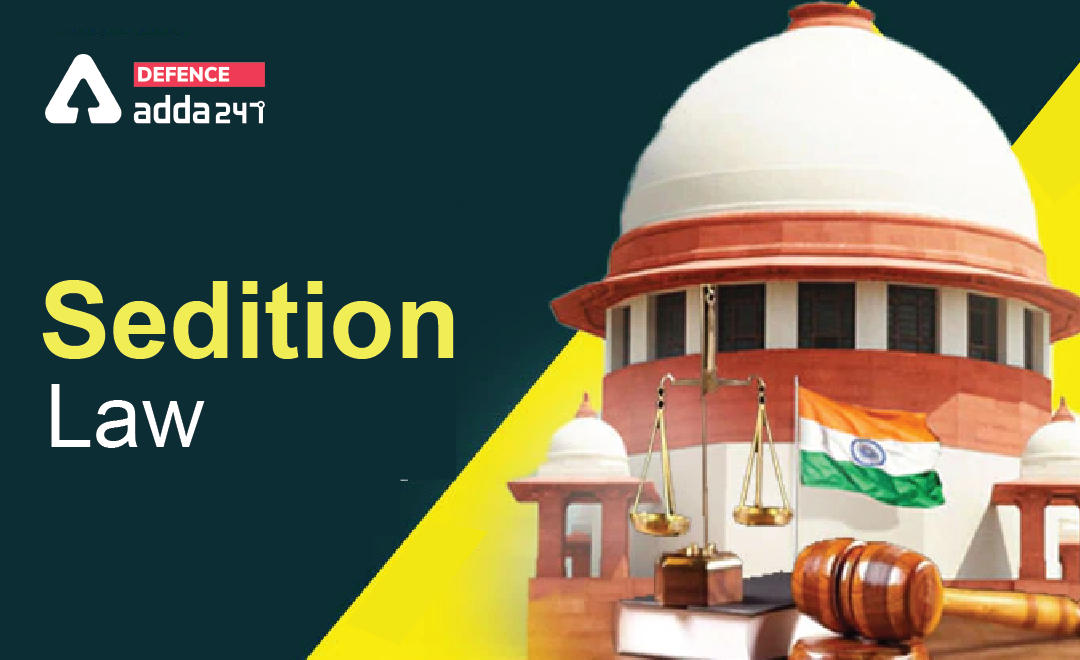Sedition Law
Supreme court has given a historic order on 12th of may in relation to sedition law. SC ordered a stay on all pending sedition cases and advised the police and administration to not use this section of the law until the Centre completes its review. “It is clear that Centre agrees that rigours of section 124a are not in tune with the current situation and it was intended for the time when the country was under colonial law. Thus centre may reconsider it. The court is to balance civil liberty and sovereignty of the state. This is a difficult exercise,” the Chief Justice of India NV Ramanna said.
Section 124A Defines Sedition As:-
“Any Individual, by words, either spoken or written, or by signs, or by visible representation, brings or attempts to bring into hatred or contempt, or attempts to excite disaffection or disagree towards, the Government established by law shall be punished with imprisonment for life, to which fine may be added to some extent.
The provision contains further 3 explanations:
1- The expression “disaffection” includes disloyalty and all feelings of enmity
2- Comments expressing disapprobation of the measures of the Government with a view to obtain their alteration by lawful means, without exciting or attempting to excite hatred, contempt or disaffection, do not constitute an offence under this section
3- Comments expressing disapprobation of the administrative or other action of the Government without exciting or attempting to excite hatred, contempt or disaffection, do not constitute an offence under this section.
What are the Origins of the Sedition Law?
In 1890, sedition was included as an offence under section 124A IPC through the Special Act XVII as it was not mentioned in IPC originally.
At that time, Indian people used to think that to abscond through voyage to overseas means to gets discharge from their religion or religious practices. so the punishment prescribed then, transportation “beyond the seas for the term of his or her natural life”, which was later amended to life imprisonment in 1955.
The provision was extensively used to curb political dissent during the Independence movement. The long list of India’s national heroes who figured as accused in cases of sedition includes Bal Gangadhar Tilak, Annie Besant, Shaukat and Mohammad Ali, Maulana Azad, Bhagat Singh and Mahatma Gandhi.
The Constituent Assembly debated including sedition as an exception to the fundamental right to freedom of speech and expression, guaranteed in the Constitution, but several members vehemently disagreed and the word is not included in the document. KM Munshi moved an amendment to remove the word “sedition” that was framed in the draft Constitution as a ground to impose restrictions on constitutional freedom of speech and expression.
Check: GSEB HSC Science & GUJCET Result 2022
If you are preparing for Government exams, Download ADDA247 App.



 Important Topics to Score 300+ in NDA GA...
Important Topics to Score 300+ in NDA GA...
 NDA Exam Pattern 2025 for GAT and Maths
NDA Exam Pattern 2025 for GAT and Maths
 How to Crack NDA Exam in the First Attem...
How to Crack NDA Exam in the First Attem...
